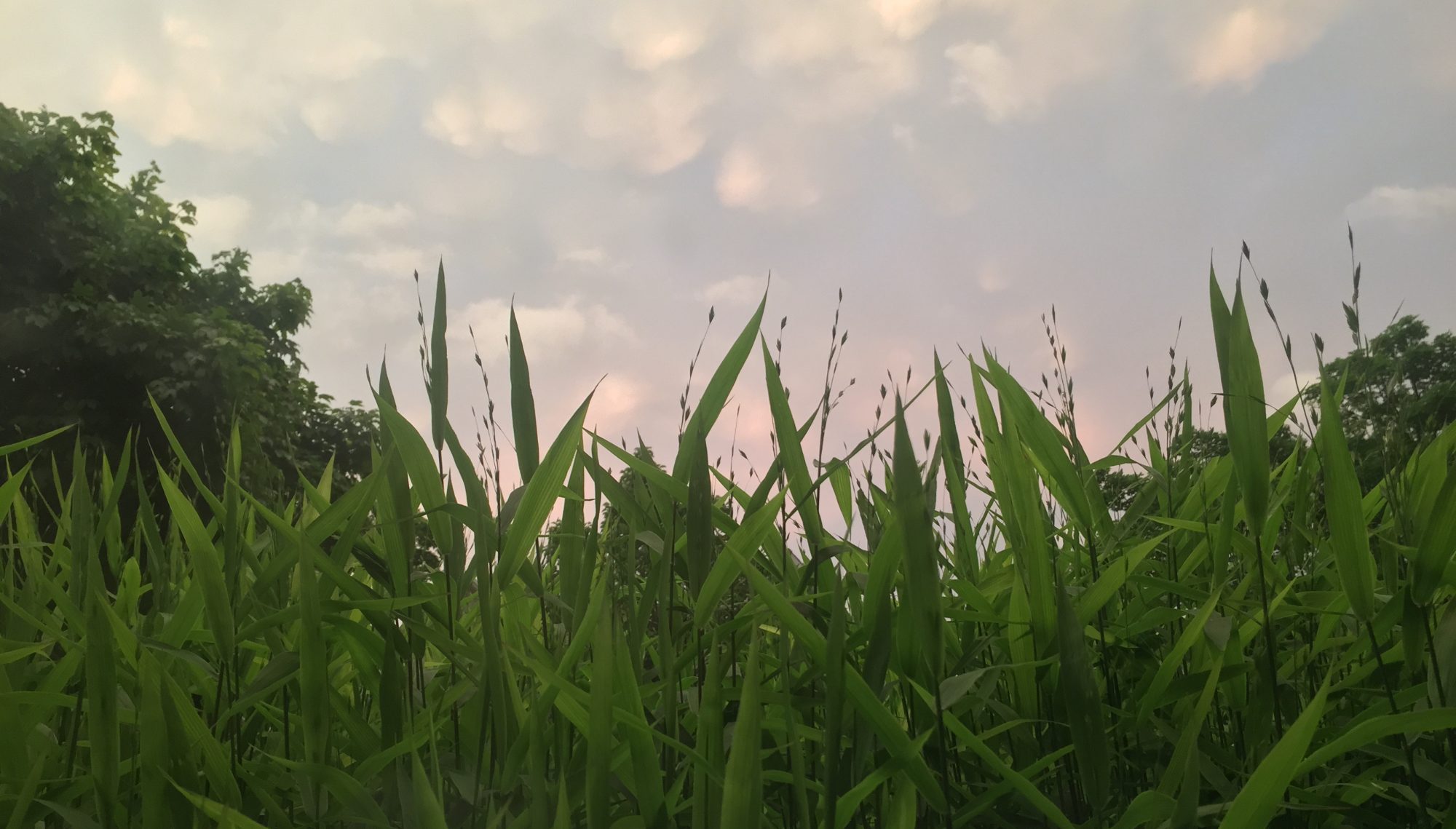It’s been just over two weeks since Tom Petty died, and some time stuck in an airport last week finally gave me a chance to jot down my thoughts on one of my favorite songwriters. My generation has lost a lot of its musical heroes in the last few years. We’ve been through this before, of course — back in the 90s with Cobain and Staley and Buckley and Tupac and a dozen others who, to borrow the cliche from an earlier generation, burned out before they ever had the chance to fade away. In this second, most recent round of losses, some — Chris Cornell, Phife-Dawg — are our contemporaries, who managed to make it through the peak of their fame and go on to establish long careers, only to have them cut short by illness, whether mental or physical. Others — Prince, David Bowie — were like cool older siblings, or the badass aunts & uncles who showed us you could be our parents’ age but still keep surprising everyone.
Tom Petty is the first of this recent group to whom I felt a real connection. I respected Prince and Bowie as artists, but their music never really did it for me. I owned and enjoyed (and still do) Soundgarden and A Tribe Called Quest albums, but they never really felt like “mine.” Petty’s music did, though. I wasn’t a fan from childhood. Yes, a cassette of Damn the Torpedos was in the rotation along with Bob Dylan and Huey Lewis and The Highwaymen in my dad’s truck when I would go visit him out west each summer, and I remember hearing the early stuff on the classic rock station that always played on the school bus, and the new stuff on the Top 40 station that I listened to because I didn’t know any better, and I remember seeing the video for “Into the Great Wide Open” at the houses of friends who had MTV. But it wasn’t until the Greatest Hits album came out, and “Mary Jane’s Last Dance” was suddenly everywhere, that something clicked. Somehow that adolescent switch had been flipped that turns some of us from people who hear music to people who listen to music, where what had been sonic wallpaper suddenly becomes the soundtrack to our own lives.
By the time Wildflowers (still my favorite Petty album) came out, I’d discovered a whole new way of listening, like the shift from black-and-white to color in The Wizard of Oz. And heard through that filter, Petty was unique among the songwriters I heard around me. He wasn’t creating surrealist wordscapes like Dylan or his grunge-era heir apparent, Beck. He wasn’t dramatic, confessional and angsty like Eddie Vedder and Adam Duritz (two other songwriters I idolized back then, but whose output has not aged nearly as well as Petty’s). He was crafting these understated impressionist short stories of characters in a moment in time, with enough specificity to create a mise-en-scène but leaving just enough space to allow your imagination fill in the gaps. In “Time to Move On,“ a woman is “moving through the airport, she’s an honest defector, conscientious objector, now her own protector;” I swear there’s an entire novel waiting in those two lines.
Yet Petty also seemed to never take himself too seriously. A deep sense of empathy for his characters lives side-by-side with a great sense of humor— the line in “Down South” where his narrator is “gonna impress all the women, pretend I’m Samuel Clemens, wear seersucker and white linens” never fails to make me smile. And on songs like “Free Fallin’,” he was able to take two-and-a-half chords and make them simultaneously anthemic and achingly intimate, timeless and completely of the moment. He was one of the artists who made me want to write songs, and his fingerprints are all over just about every song I’ve written in the last fifteen years (there’s a particularly obvious nod to him in the “it’s good to be king” line in “A Small Sacrifice”). If I ever manage to write anything even half as good as one of his tunes, I’ll consider my little hobby a perfect success.

I love this piece!